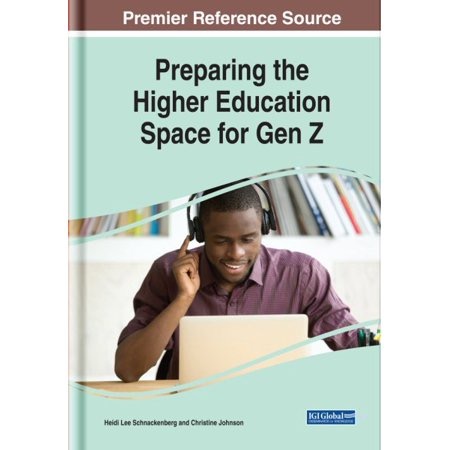technology and education
Select an item by clicking its checkbox
Reviewed by: Eric Fehr, Northwest Seminary - College
Date Reviewed: June 17, 2021
Date Reviewed: June 17, 2021
Generation Z views participatory technological interfaces as an integral part of their lives. Every experience in which they engage, particularly schooling, is viewed and experienced through that highly technological lens. At no other time in higher education has the nature of teaching and learning experiences been so defined by the technological interactivity of its student population. Thus, higher education needs to change to meet the needs of the incoming groups ...
Generation Z views participatory technological interfaces as an integral part of their lives. Every experience in which they engage, particularly schooling, is viewed and experienced through that highly technological lens. At no other time in higher education has the nature of teaching and learning experiences been so defined by the technological interactivity of its student population. Thus, higher education needs to change to meet the needs of the incoming groups of students and expand upon ways in which they learn, communicate, and experience information.
Preparing the Higher Education Space for Gen Z is an essential scholarly publication that delves into the specific challenges, issues, strategies, and solutions that are associated with using participatory social media, virtual communication, and other Web 2.0 innovations in higher education, and its particular implications for Generation Z. Including topics such as digital participation, learning environments, and mobile technologies, this book is ideally designed for higher education faculty, administrators, counselors, professionals, students, researchers, and academicians. (From the Publisher)
Preparing the Higher Education Space for Gen Z is an essential scholarly publication that delves into the specific challenges, issues, strategies, and solutions that are associated with using participatory social media, virtual communication, and other Web 2.0 innovations in higher education, and its particular implications for Generation Z. Including topics such as digital participation, learning environments, and mobile technologies, this book is ideally designed for higher education faculty, administrators, counselors, professionals, students, researchers, and academicians. (From the Publisher)
